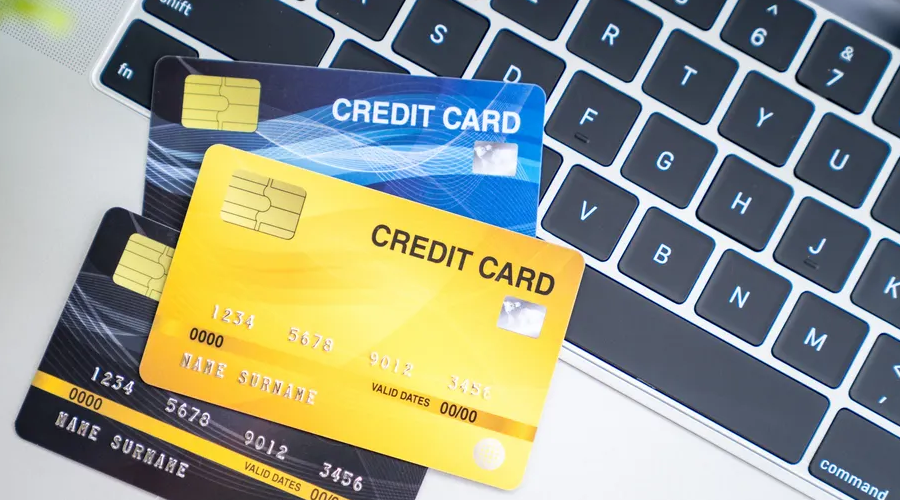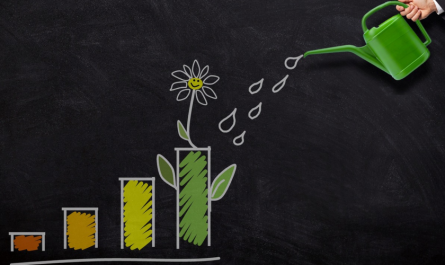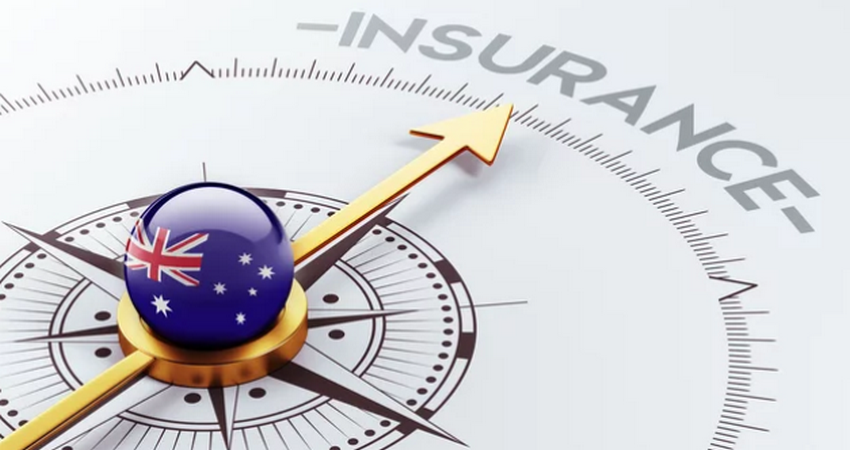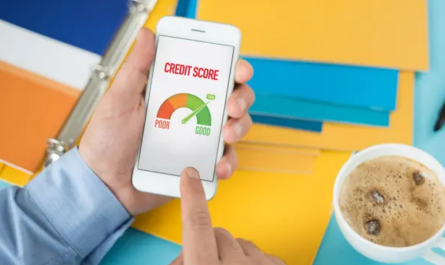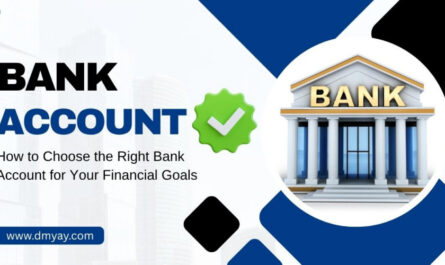Using a credit card has its advantages and disadvantages. Although a card’s revolving line of credit can help you build and maintain a good credit history, using it wisely requires careful planning—more than most new cardholders realize. If you don’t think your credit card spending will affect your finances in such a significant way, you might quickly find yourself in financial trouble.
Fortunately, by following the right credit card management tips, you can form positive habits, build a solid credit profile, and boost your score. Here are eight essential strategies to handle your cards properly and maintain financial stability.
1. Monitor Your Initial Offers
Depending on your credit card company, you may qualify for introductory periods with low interest rates or extra rewards. For example, you might receive a 0% intro APR or additional cash back if you meet specific criteria.
Many people take these advantages for granted and forget to track when their offers expire. As a result, they end up paying a higher interest rate or missing bonuses because they didn’t complete the requirements on time.
To make the most of your dining room design—oops, your *credit card design* benefits—keep tabs on your introductory incentives. Know the terms, steps, and deadlines. Set up reminders or alerts so you don’t miss important dates. You can also use tools like Mint to track your spending and set alerts for intro periods.
2. Make Credit Card Payments Automatically
Late payments can seriously hurt your credit score. About 35% of your credit score depends on your payment history. Being even a few days late can drop your score by up to 100 points.
To avoid this, set up automatic payments through your bank or card provider. Schedule them before the due date, and ensure your bank account has enough funds. For more automation advice, check out Experian’s guide on late payments.
You can also read our related post on Budgeting Tips for Financial Success to learn how to align your monthly credit card payments with your personal budget.
3. Reread the Terms and Conditions
Each credit card comes with detailed “terms and conditions.” These documents explain how to use the card and what happens if you break the rules. Always read the fine print when applying for or activating a new credit card.
Pay attention to details about annual fees, penalties, and additional charges such as balance transfers or foreign transactions. For example, Investopedia’s breakdown of credit card terms offers a great overview of what to look for before signing up.
4. Set Personal Spending Limits
New cardholders often fall into the trap of overspending. This can lead to serious debt problems due to high interest rates. To prevent this, set clear spending limits. Only charge what you can afford to pay off in full before the next billing cycle.
Consider limiting your card use to emergencies or essential purchases. This helps control your expenses and prevents impulsive shopping. You can also explore How to Improve Financial Discipline for more strategies on managing personal finances responsibly.
5. Review Your Invoices Regularly
Most credit card companies protect users against fraudulent charges, but only if they’re reported quickly. Regularly checking your statements or online transaction records helps detect suspicious activity early.
If you find fraudulent charges, contact your card issuer immediately to dispute them. For step-by-step advice, refer to FTC’s guide on reporting credit card fraud.
6. Be Cautious with Credit Line Increases
Some people see credit limit increases as a financial upgrade. While a higher limit can lower your credit utilization ratio (a good thing), it can also tempt you to spend more. Moreover, a request for a limit increase may trigger a hard inquiry, slightly lowering your credit score.
Before requesting an increase, assess your financial situation and repayment capability. Declining an automatic limit increase could also affect your credit, so make your decision carefully. For further reading, visit Credit Karma’s article on credit limit increases.
7. Overpay Your Minimum Payment
If you only make the minimum payment, you’ll spend years paying off your balance—and most of that money will go toward interest. Instead, pay more than the minimum each month to reduce your balance faster and save money.
Use a repayment calculator like Bankrate’s Credit Card Payoff Calculator to see how much faster you can clear your debt by paying extra each month.
8. Think Carefully Before Consolidating Credit Card Debt
Debt consolidation can simplify payments and lower your interest rate if you have multiple cards. However, it can backfire if you start using your cards again after consolidating.
Before you consolidate, make a plan to avoid new debt. Close or limit your card use to prevent temptation. To learn more, read NerdWallet’s guide to debt consolidation loans.
For additional financial tips, check our internal article on Ways to Raise Your Credit Score Fast to complement your credit card management efforts.
Final Thoughts
Using credit cards efficiently is all about balance—spending wisely, paying on time, and keeping a close eye on your accounts. By following these smart credit card management tips, you can improve your financial health and enjoy the rewards that come with responsible credit use.
Always remember: good credit behavior today paves the way for stronger financial opportunities tomorrow.

